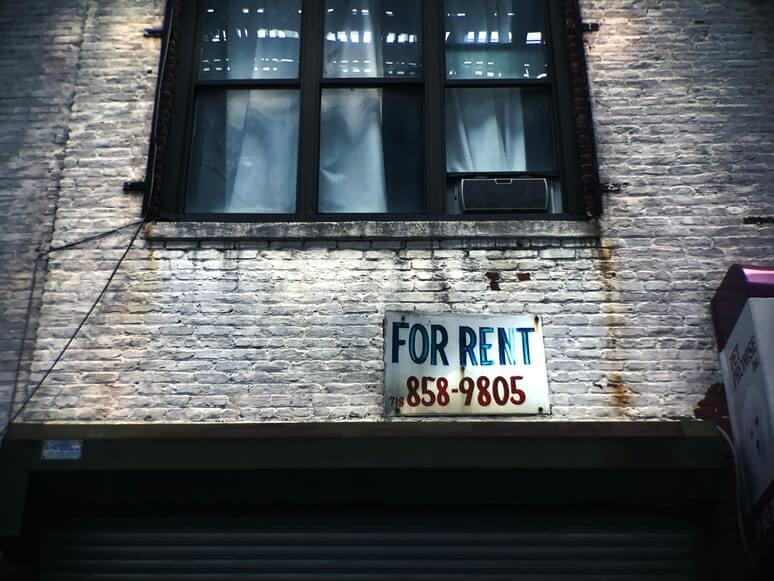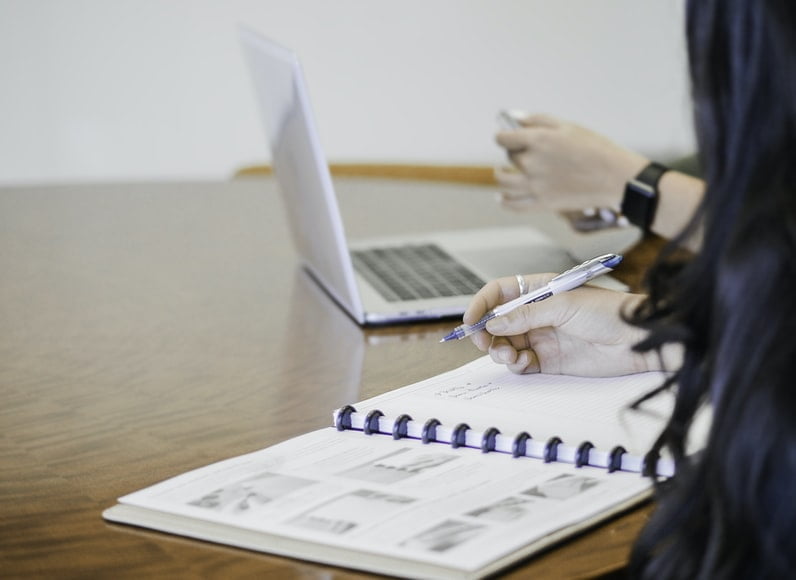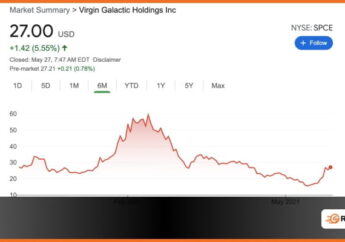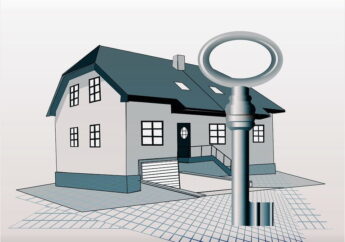Must-Know Accounting Tips for Rental Property Investment
by Abdul Aziz Mondal Investing Published on: 05 October 2021 Last Updated on: 30 December 2024

There are a lot of financial aspects to consider when investing in a rental property. Being a successful landlord means that you are prepared for all the expenses that will be thrown your way. With that, there are plenty of unexpected bills and expenses that you’ll likely run into. Unfortunately, estimating these costs can be tricky, leading a lot of investors to miss a few critical things. Here we will discuss some of the accounting tips that are essential in owning a rental property.
Considering all Possible Expenses

When it comes to a rental property, the number of expenses you’ll likely run into can seem endless. Whether they are planned or unexpected, you’ll have to budget for these various bills. Therefore, before you decide to invest in a rental property, it’s vital to consider all the different expenses so you can determine if it’s a good idea for you or not.
Luckily, there are resources for you to understand some of the more common bills and expenses that rental property owners have to consider. For example, you can reach out to other rental property owners to learn more about their experiences. Then, with their knowledge of the industry, they can let you know what expenses you need to look out for, how to budget for these expenses, and how to avoid overpaying for your mistakes.
Reach Out to Professionals

Forming a relationship with other professionals in the industry, such as realtors or a property management company, is another excellent way to get an idea of how much you’ll need to save and budget for your rental home. Most likely, these professionals can guide you on some of the most common issues that landlords run into.
Another way you can learn about various expenses is by reaching out to local utility companies and contractors. For example, your local utility company can give you a rough estimate of what your monthly bills will look like. If you contact them, ask for billing history so you can see what the cost has been in the past. At the very least, they can give you an estimate so that you can budget correctly and let your tenants know what the monthly bills will look like.
Along with that, you can reach out to contractors. If you build a solid relationship with a contractor, they may be able to save you money and help you out with emergency repairs when they are needed. Contractors play a massive part in owning a successful rental property.
Most Common Rental Property Expenses
Among the many expenses that contribute to owning a rental property, a few are common in most homes. To properly plan and budget for these expenses, it helps to note what to consider. Some of the most common operating costs to look out for include:
- Monthly mortgage payments
- Home insurance
- Property taxes
- Utilities like water, electricity, gas, etc.
- Licensing
- Home inspections
- Maintenance and repairs
- Property management
- Accounting and legal fees
Budgeting for these expenses is essential in owning a successful rental property. It will also aid in estimating potential costs so you don’t run into any financial issues along the way. With that, a lot of these expenses vary. For example, it’s hard to estimate maintenance and repair costs since each repair may look a little different. Most of the time, emergency repairs are more expensive than seasonal maintenance. Consider all the different types of repairs that may pop up to save accordingly.
Accounting Tips for Your Rental Property

Since there are so many different expenses and bills to worry about, things can quickly become jumbled. First, however, it’s crucial to track your finances properly. Keeping records of your income and expenses can help you stay organized and help keep things in order. A few tips to consider include saving all your receipts, separating your personal and business expenses, and utilize industry-specific technology to help stay organized.
By saving your receipts, you can keep a record of your maintenance costs, repairs, and other costs that pop up for your rental property. It also helps to separate your personal and business expenses. Keeping these accounts separate will save you headaches later on, especially if you own more than one rental property. Finally, taking advantage of technology and industry-specific software can help stay organized and keep a digital record of expenses.
Help From Property Managers
The most successful landlords know that they can hire a property management team to handle accounting for their property. Your local professionals at Bay Property Management Group can make sure your finances are in order at all times.
Read Also:



































































































